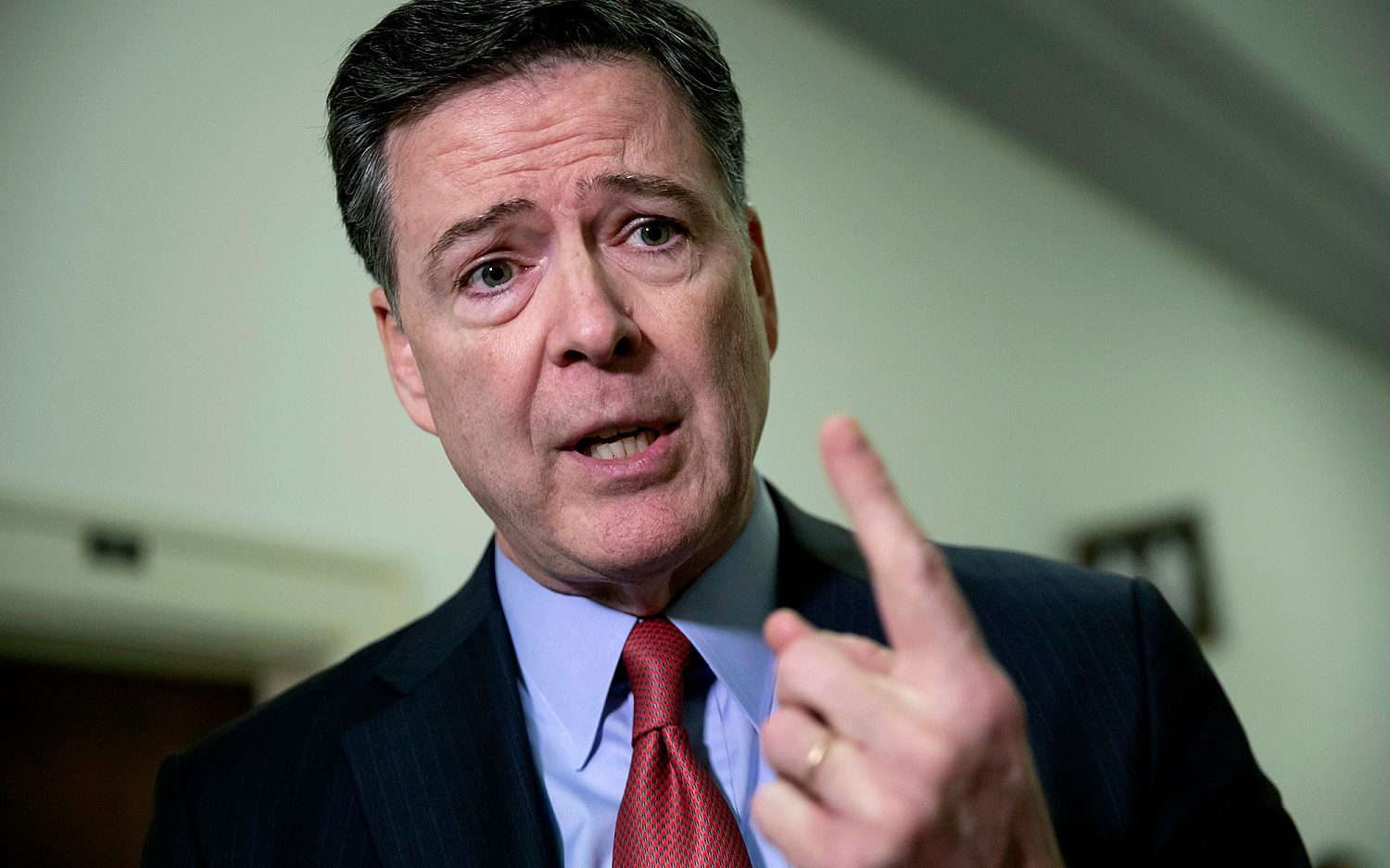U.S. delegation: Egyptian uprising 'not a coup'
After meeting with Egyptian leaders, private delegation urges U.S. policy shift
WASHINGTON—The United States is in danger of losing its most important Arab ally in the Middle East, according to a group of counterterrorism experts and former military officers who returned from Egypt last week.
The Westminster Institute, a think tank outside Washington, D.C., sponsored an eight-member delegation that met with key governmental, civic, and religious leaders during a four-day trip. Among other findings, the delegation said the U.S. seriously misinterpreted Egypt’s recent regime change and urged international support for the interim government—which the group says has majority support from the Egyptian people—as it works to form a democracy for the first time in 7,000 years.
“[T]here was compelling unanimity that the Muslim Brotherhood government had thoroughly betrayed the people’s expectations for democratic rule and were serving solely their own narrow interests,” delegation members said in a joint statement.
Patrick Sookhdeo, board chairman of the Westminster Institute, and retired Maj. Gen. Paul Vallely led the trip. The delegation did not have access to members of the Muslim Brotherhood—which a Cairo court on Monday ruled should be dissolved—but members did hold meetings with Gen. Abdel Fattah el Sisi, head of the Egyptian military, Amr Moussa, president of Egypt’s Constitutional Committee, Pope Tawadross II, head of the Coptic Christian church, and others.
Soon after his June 2012 election, ousted Egyptian President Mohamed Morsi gave himself sweeping powers that could not come under judicial review. The Egyptian people gathered 22 million signatures demanding Morsi’s resignation, and when he refused, millions took to the streets in protest. The delegation said the Egyptian military removed Morsi from office on July 3 because, in the absence of an impeachment mechanism, the military feared a civil war would break out.
“It was not a coup,” Vallely said during a press conference at the National Press Club. “The army assisted 32 million Egyptians who were protesting.”
Sebastian Gorka, a military affairs fellow at the Foundation for Defense of Democracies, said he went to Egypt skeptical of Sisi but found him “almost Washingtonian” in his refusal to seize power when he could have: “It was quite incredible the depth of understanding coming from this general.”
I asked the delegation why the Egyptian people trusted the military, and members pointed to the reality that every male must serve in the armed forces. “There’s a level of trust, because everyone has served,” said former U.S. Army Col. Kenneth Allard. “Consequently, [the military is] not ‘them’ over there, it is ‘us.’”
What Egyptians don’t trust is U.S. policy in the region, the delegation said. Vallely said Egyptians are “very upset” with the State Department—particularly former Ambassador to Egypt Anne Patterson—and can’t figure out what the U.S. government is doing and why it’s doing it.
State Department spokeswoman Marie Harf on Friday denounced recent violence in Egypt and said, “We’ve been consistent in saying that we don’t support one group or one party.”
But Egyptians don’t see it that way: “The young people kept asking, ‘Why does the United States support terrorists?’” Allard said. “They consider the Muslim Brotherhood terrorists.”
Muslim Brotherhood supporters have instigated several rounds of violence in Egypt, including clashes during the last several days that left more than 50 dead. Many Morsi supporters, blaming his downfall on Christians, have burned churches and vandalized or destroyed businesses and homes belonging to Christians. The delegation reported Pope Tawadross II became visibly emotional when he talked about the attacks on Christians but said, “We begin with love. We reach out to our Muslim brothers.”
Andrea Zaki, head of the Coptic Evangelical Organization for Social Services, told WORLD Coptic Christians will continue to ask the interim government to use moderation in dealing with the Muslim Brotherhood, citing the biblical admonition to “love your enemy.” He called the regime change a miracle and said he believes it’s the “beginning of the end” for Islamist rule in the Middle East.
“I never sought or believed that the Islamists would leave power after one year,” he said. “I thought they’d be in power 100 years.”
The delegation also reported Egyptian concerns about an increasingly dangerous Libya, which shares a 700-mile border with Egypt. Leaders believe Libya is a staging ground for al-Qaeda to send terrorists into Egypt. (Morning Star News last week reported Muslim extremists in Libya killed two Coptic Christians from Egypt after they refused to convert to Islam.)
The delegation said Egypt needs America’s help to stabilize the country, defeat militant Islamists, and build a free Egypt—for the benefit of both countries.
“If Egypt rejects the Muslim Brotherhood, America will be safer,” Gorka said.
An actual newsletter worth subscribing to instead of just a collection of links. —Adam
Sign up to receive The Sift email newsletter each weekday morning for the latest headlines from WORLD’s breaking news team.





Please wait while we load the latest comments...
Comments
Please register, subscribe, or log in to comment on this article.